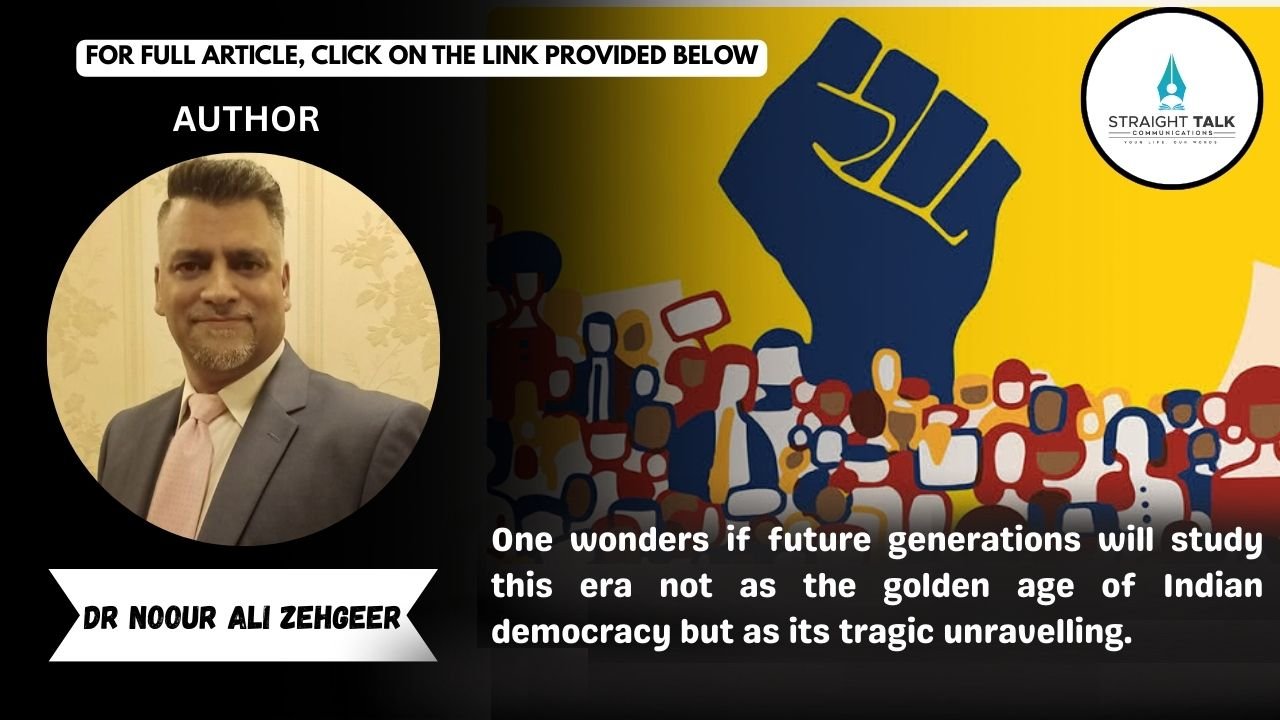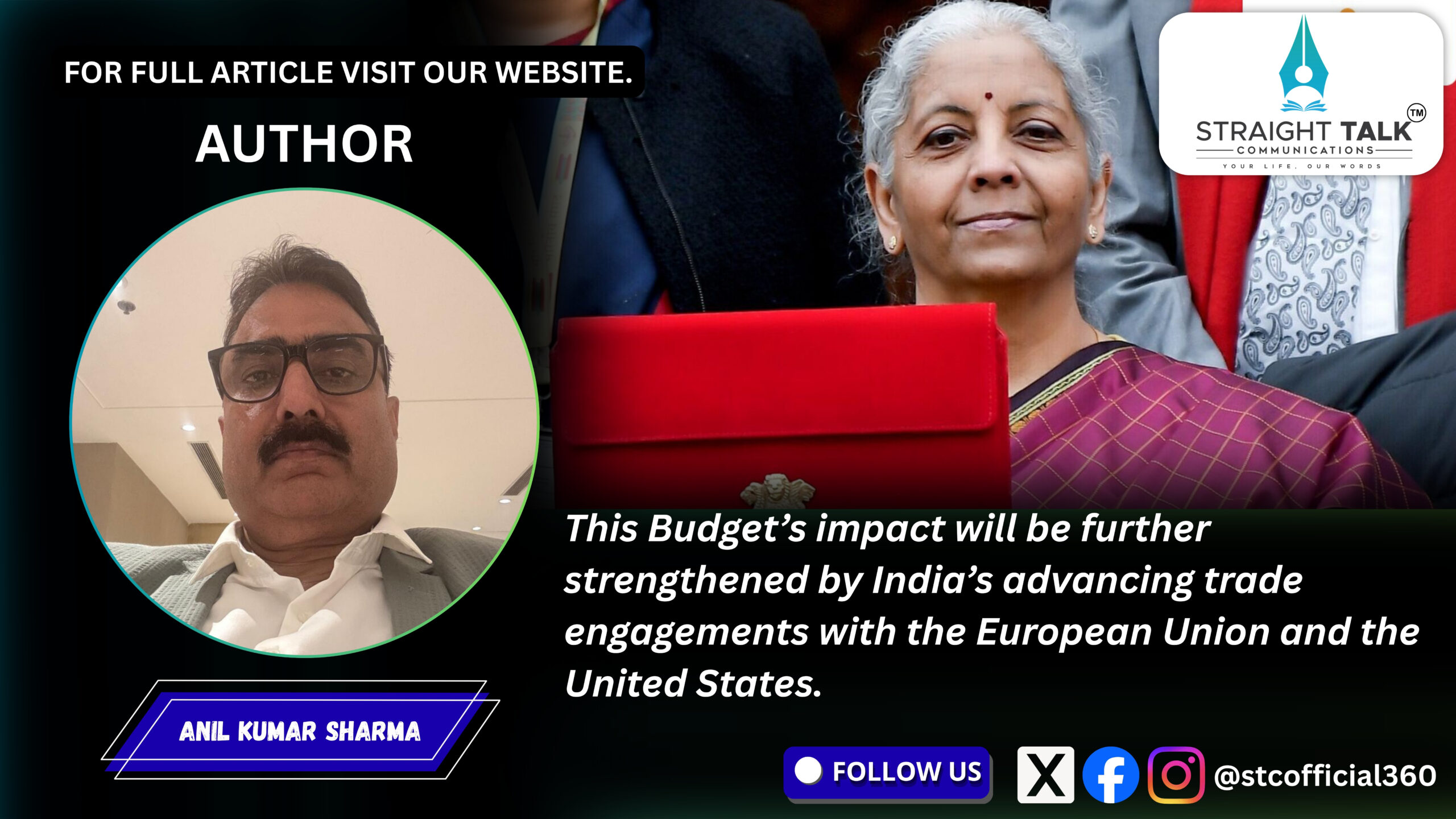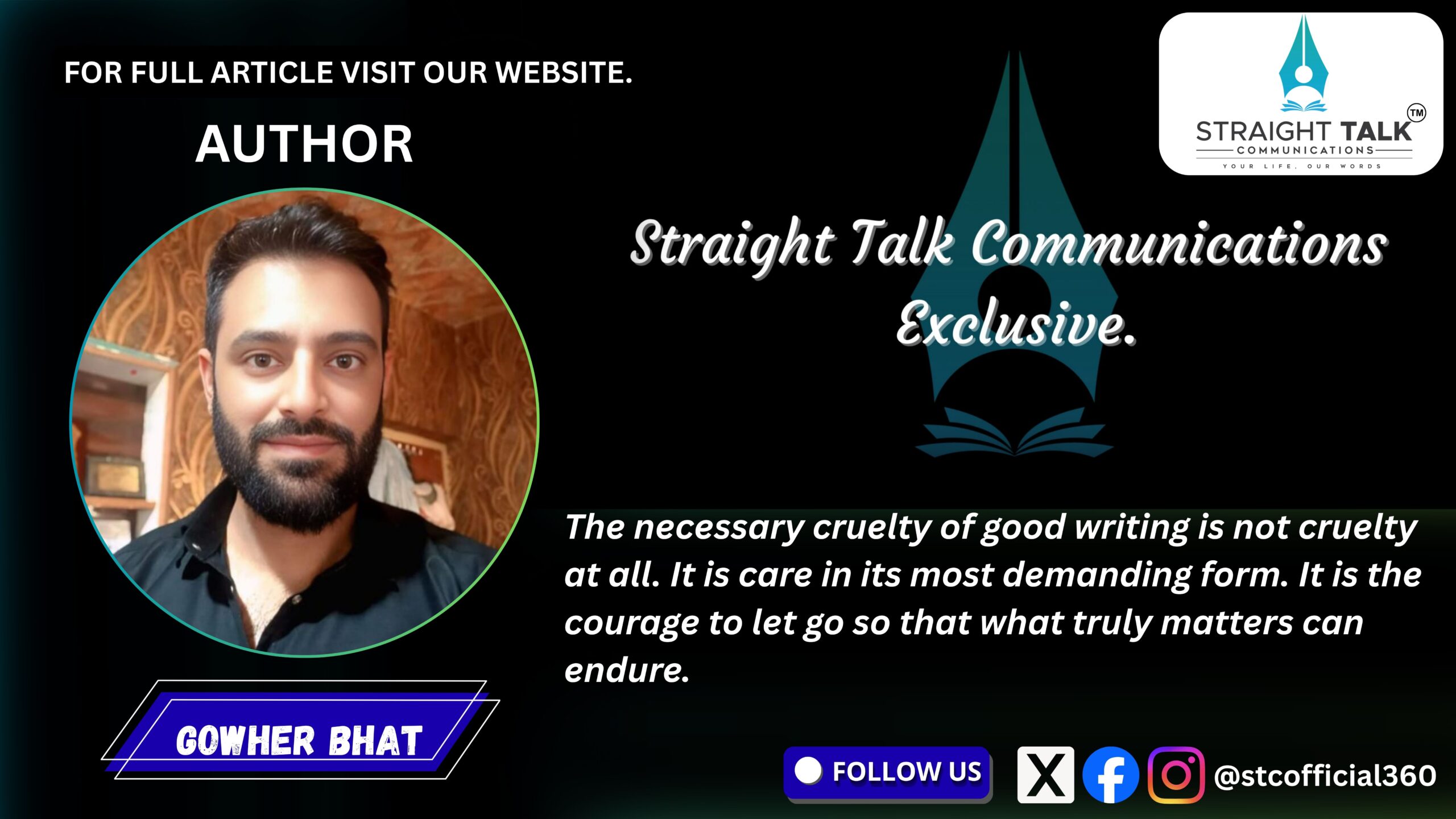Democratic Illusions 2.0: The Art of ‘Free and Fair’ Vote Chori

One wonders if future generations will study this era not as the golden age of Indian democracy but as its tragic unravelling.
Dr Noour Ali Zehgeer
Democracy, we were told, rests on institutions, not individuals. The greatest of these institutions—at least in theory—is the Election Commission of India. It is the referee of the democratic match, the umpire who ensures the game is played fair, the judge who ensures both sides get equal footing. But what happens when the umpire is accused of fixing the match? Simple: the credibility of the entire game collapses. Today, the credibility of the Election Commission is under such suspicion that even the Prime Minister’s mandate begins to look shaky. Because if the referee is biased, the victory itself becomes hollow.
NATION WILL ALWAYS Miss Ex Election Commissioner of India T.N. SHESHAN
India now finds itself in a peculiar situation. On paper, we still hold elections every five years. The voters still line up outside polling booths. The ballot units still beep with each button pressed. But lurking underneath is a gnawing doubt—are these elections as impartial as we claim them to be? Or have they become a grand spectacle where the winner is pre-decided, and the rest of us are just invited to clap along?
History, unfortunately, offers no comfort. Saddam Hussein also held elections—he routinely won with 85 to 90 percent of the vote. Hosni Mubarak of Egypt clung to power for five terms through the magic of “majority mandate.” The Kim dynasty in North Korea is the ultimate example of electoral theatre—decades of “landslide victories” without an ounce of genuine choice. Muammar Gaddafi in Libya? Four decades of rule, all sanctified by the ritual of elections. Bashar al-Assad and his father ruled Syria for nearly half a century, each time emerging victorious from their “contests.”
Now, tell me again—how different are we?
The Election Commission’s job is to safeguard the sanctity of the vote. Yet, allegations of manipulation, selective enforcement of rules, and voter fraud have shaken public trust to its core. When citizens begin to believe that their vote does not matter, democracy doesn’t just weaken—it becomes theatre. A play performed for international observers, complete with stage props like Electronic Voting Machines, indelible ink, and voter lists, but with a script written elsewhere.
And here comes the cruel irony. Whenever such concerns are raised, the ruling party’s supporters—let’s call them “professional desh bhakts”—rush to defend the system. “Look at what good BJP has done for the country,” they say. “No one else sees it.” Well, perhaps only a Sanghi’s brain has the magical ability to refresh like a hard drive and download a secret list of “achievements” invisible to the rest of us mere mortals. For everyone else, the BJP’s good deeds remain hidden in a vault guarded by WhatsApp forwards and late-night television debates.
Sarcasm aside, the issue is not about who wins or loses an election. It is about the credibility of the process. India is often marketed as the world’s largest democracy, a beacon for other nations to follow. But democracy is not about size; it is about trust. When voters suspect that their ballot has been stolen, diverted, or rendered meaningless, democracy begins to smell less like a republic now.
But don’t worry, our collective amnesia will come to the rescue. In a few days, we will move on. A celebrity scandal, a cricket match, or a patriotic movie will dominate headlines, and the issue of vote theft will vanish from public memory. That’s how the BJP has played this game since 2014—every controversy, no matter how serious, is drowned in the next wave of distraction. And we, the people, play along, willingly or unwillingly.
The real tragedy, however, is not what the BJP does but what the people allow. Citizens who should be guarding their rights instead laugh off the theft of their most sacred democratic weapon—the vote. Some are so intoxicated by blind loyalty that they are willing to trade democracy for daily doses of propaganda. Others are too exhausted to fight. And yet, deep down, everyone knows—this is not the democracy we were promised. So here we are, 75+ years after Independence, boasting of being the “mother of democracy” while behaving like its wicked stepmother. Elections continue, mandates are declared, garlands are exchanged, and victory speeches are delivered. But the essence—the sacred contract between voter and state—is being hollowed out.
India today is walking a thin rope. On one side is the promise of a genuine democracy, where the Election Commission commands respect, and every vote counts equally. On the other is the slippery slope toward authoritarianism, camouflaged under the bright tricolour of nationalism and electoral spectacles.
Perhaps the most painful irony is this: India doesn’t need foreign enemies to weaken its democracy. It is being dismantled piece by piece from within—by those sworn to protect it, by those who use patriotism as a shield, and by citizens who choose to remain silent.
In the end, one wonders if future generations will study this era not as the golden age of Indian democracy but as its tragic unravelling. And maybe, just maybe, they will ask: “How could millions of educated citizens let their democracy turn into a blind Republic 2.0?”
Until then, God save India—because clearly, the Election Commission won’t.
(The views are of the author & not of the Straight Talk Communications)







